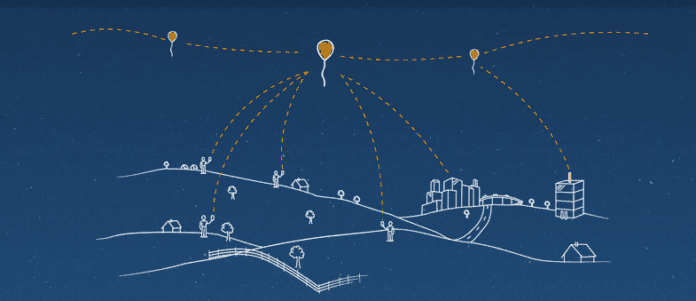Mobile network operators will assist Alphabet
Project Loon, the ambitious project launched by Google parent Alphabet to use balloons to deliver internet service, will get a real-life test in Puerto Rico. The Federal Communications Commission has given Alphabet the green light to use the balloons to try to increase cellular coverage in the U.S. territory, where more than 80% of cell sites went out of service in the aftermath of Hurricanes Maria and Irma. The experimental license issued to Project Loon also covers the U.S. Virgin Islands.
According to Alphabet, each balloon can provide LTE connectivity to a ground area about 80 kilometers in diameter. Loon will use the 900 MHz band, and will need to connect to ground-based infrastructure. The company is expected to install some of its own infrastructure on the ground, but will probably rely on some existing cell sites as well.
The mobile network operators that serve Puerto Rico include AT&T, T-Mobile, Claro and Telefónica. These companies are all expected to cooperate with Alphabet, and Alphabet has already said it is working with Telefónica.
When Alphabet originally asked the FCC for permission to deploy the balloons in Puerto Rico after the hurricanes hit, the company said eight carriers serving the territory had all agreed to allow use of their spectrum.
Puerto Rico already has experience with Project Loon. Earlier this year, Project Loon balloons were launched from Puerto Rico and sent to Peru, where they provided internet service after serious flooding compromised many internet service provider networks.

